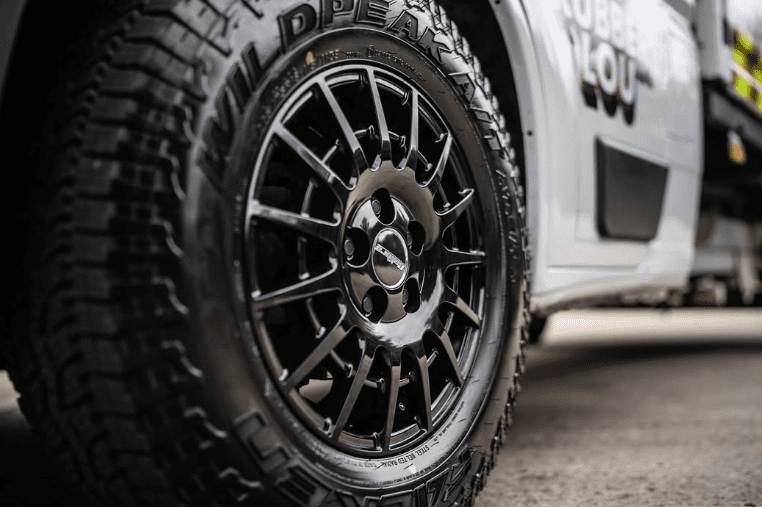The sizes of agricultural tyres are specified using a set of numbers and letters that convey important information about the tyre’s dimensions, construction, and other characteristics. Here’s how to read and understand these tyre sizes:
Example of a Tyre Size:
16.9-30
Breakdown of the Example Size:
- 16.9:
- This represents the tyre width in inches.
- It is the distance from one sidewall to the other when the tyre is properly mounted and inflated.
- – (Dash or a “R”):
- This indicates the type of construction.
- A dash (
-) signifies a bias-ply construction. - An “R” would indicate radial construction.
- 30:
- This is the rim diameter in inches.
- It denotes the diameter of the wheel that the tyre is designed to fit.
Additional Markings:
Tyres may also include other markings that provide further details about the tyre’s specifications and capabilities. These may include:
- Aspect Ratio (for radial tyres, e.g., 420/85R34):
- In a size like 420/85R34, “420” is the tyre width in millimeters, “85” is the aspect ratio (height of the sidewall as a percentage of the width), and “34” is the rim diameter in inches.
- Load Index and Speed Rating:
- These numbers and letters indicate the maximum load the tyre can carry and the maximum speed it can safely travel at.
- Ply Rating:
- Historically, this indicates the number of layers of material in the tyre. Modern tyres use a “load range” to represent the same concept, indicating the tyre’s load-carrying capacity.
Common Types of Agricultural Tyres:
- R1 (Agricultural or Field Tyres):
- Typically used for general farming applications, providing good traction in fields.
- R1W (Wet Field Tyres):
- Similar to R1 tyres but with deeper treads for better performance in wet conditions.
- R2 (Rice and Cane Tyres):
- These have very deep treads and are used in extremely wet and muddy conditions.
- R3 (Turf Tyres):
- Designed for use on grass and turf to minimise damage to the ground.
- R4 (Industrial Tyres):
- These tyres are used in industrial and construction applications and have a more rugged design for stability and durability on hard surfaces.
Understanding the size and specifications of agricultural tyres is crucial for selecting the right tyre for the specific needs of the machinery and the conditions in which it will be used. Proper selection ensures optimal performance, safety, and longevity of the tyres.
If you’re looking for agricultural or truck tyres fitted, contact us today.






